Description
What is Cardamom?
Cardamom is a tropical perennial plant belonging to the ginger family (A perennial plant is a plant that lives more than two years and flourishes every spring). The botanical name for cardamom is Elettaria cardamomum.
Originally native to south India and Sri Lanka, as of today Guatemala is the world’s largest producer. The cardamom plant has long sword-shaped leaves, white and purple streaked flower petals and yellowish-green pods which contain the seeds.
What are Cardamom Pods?
Whole cardamom pods are the fruits of the plant, with each pod containing up to 15 – 20 seeds that ripen from white to reddish, brown or black.
The pods are harvested by hand, washed, and then dried in the sun or professional curing rooms. Good quality seeds should be black and slightly sticky (always discard seeds that are dry and pale in colour).

What does Cardamom taste like?
Green cardamom is highly aromatic, with a strong sweet, minty, herbal and slightly floral flavour, making it versatile enough to be used in both sweet and savoury dishes (as opposed to black cardamom, which has a smoky aroma and is best used in savoury dishes).
Cardamom pairs beautifully with other spices creating new and pleasing flavour profiles. For example, when combined with ginger it gets a boost of citrus-like flavour. Or when paired with lemongrass and coriander the gentle floral tones are distinctly enhanced.
Cardamom uses in cooking
Cardamom is a wonderful ingredient in many spice blends used to flavour a variety of curry recipes, stews and dry rubs for meat. In contrast to savoury dishes, it can also be used as the main flavour in bakery products, desserts or sauces such as puddings.
In Indian cuisine, it is often mixed with ghee or butter and used to add a beautiful floral garnish to biryanis and other rice dishes. Further down the post you can find a list of recipes using cardamom.

How to use Cardamom Pods in cooking
It’s generally recommended to use the pods whole, as they retain their flavour and freshness for much longer. However, the pods can be crushed and the seeds extracted for use in baking, tea and cocktails. Most recipes will explain which method to use in the instructions, but here are the two methods worth mentioning.
Whole Cardamom Pods
If your recipe asks for whole pods (as often in curry recipes) lightly toast them in a pan over medium heat until aromatic. This will aid in releasing flavour. The whole pods can then be added to the curry, sauce or stew.
Remove the whole pods before serving: It can be quite unpleasant and tough to bite into a whole pod mid-meal. Some people like to use a small mesh spice bag which makes the process of removing the pods very simple.
Grinding whole cardamon pods
The second method for cooking with whole cardamom pods, which is popular when making a spice mix, is to grind them down into a powder using a pestle & mortar or a small electric grinder. This is usually done after dry roasting the pods as mentioned above.

How to cook with cardamom seeds
When only the seeds are required, simply crush down on the pod and extract the seeds. They can then be used whole or again ground down into a powder.
How to use cardamom pods in baking
Most recipes for cakes, biscuits and puddings will ask for ground cardamom. Therefore, removing the seeds and crushing them into a powder is the best method. It’s also possible to purchase pre-ground cardamom for faster cooking, although the flavour is normally not as intense as when doing it yourself.
How to crush or ‘bruise’ a cardamom pod
Another method is to ‘bruise’ the pods, a method most popular for infusing liquids such as milk, creams, custards etc. Place the pods inside a pestle & mortar and bash a few times until they have cracked open and exposed their seeds.
Another method is to use a cutting board and gently push the pods down with the flat side of a large knife until they crack open.

Cardamom Flavour Pairings
Below you will find a list of spices and herbs that pair perfectly with cardamom
Spices that pair with cardamom
Black cardamom, cumin, allspice, nutmeg, coriander seeds, anise, star anise, caraway, cinnamon, turmeric, cloves, paprika, black pepper, saffron and fenugreek.
Popular spice blends using cardamom
Madras curry powder, garam masala, baharat, advieh, hawaij, korma curry paste, vindaloo paste, Scandinavian gingerbread spice blend
Herbs that pair with cardamom
Coriander, mint, basil, thyme, nutmeg, oregano
Everyday ingredients that pair with Cardamom
- Meat: Chicken, beef, pork, duck, lamb, white fish, salmon, trout, tuna, shellfish
- Vegetable: potatoes, sweet potatoes, onions, spinach, aubergine, courgette (squash), pumpkin, red green and yellow peppers (paprika) parsnip, carrots, chilli peppers, cucumber, ginger, vegetable root, peas, chickpeas, lentils
- Fruit: banana, lemon, lime, orange, apple, apricots, grapefruit, pear, plums, dates, figs
- Dairy: ricotta, cream, yoghurt, milk, ice cream
- Nuts: Pistachio, hazelnuts, walnuts, cashews, almonds, pumpkin seeds, pine nuts, black sesame seeds
- Other: Honey, maple syrup, coffee, chocolate, vanilla, sugar, wine (mulled)

Other uses for Cardamom
Cardamom in tea
The seeds can be soaked directly in hot water to produce a soothing floral tea. Cardamon plays an important role in the famous Masala Chai Tea, a drink rooted in Ayurvedic tradition which is said to bring inner joy.
Cardamom and Alcohol
Famously used in festive mulled wine, cardamom is also widely used as a flavour component in liquors, and is often combined with orange peel in cocktails, craft beer brews, or in tinctures and syrups.
Cardamom medical uses
In the practice of Ayurvedic medicine, cardamon is used to treat depression, digestive problems, heartburn, skin conditions, urinary infections, jaundice and many other listed conditions.
Cardamon in perfume and cosmetics
A common ingredient in perfumery and cosmetics due to its sweet, floral and calming scent.

The difference Between Green Cardamom and Black Cardamom
Another type of cardamom that is widely used in Indian cuisine is black cardamom pods, sometimes referred to as brown cardamom.
Although both are called cardamom, green and black cardamom have very different flavour profiles and should not be substituted for each other in recipes. Black cardamom has a distinct smoky aroma and is best suited to savoury cooking and not for sweet dishes like green cardamom.
Cardamom substitutes
Cloves, allspice, cinnamon, nutmeg, or ginger

 Cart is empty
Cart is empty 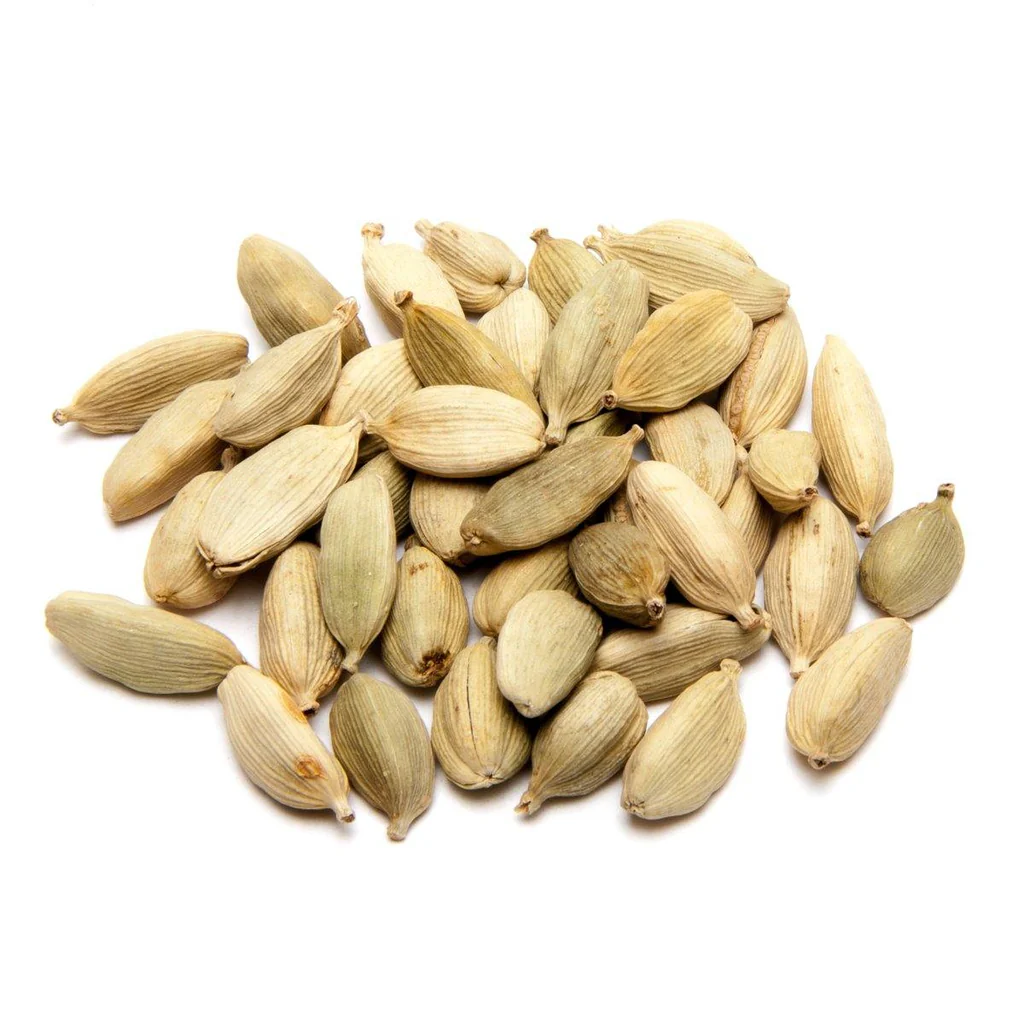
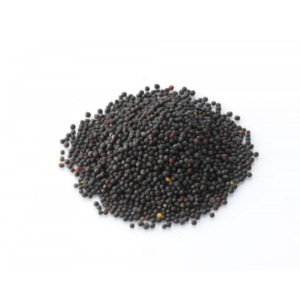
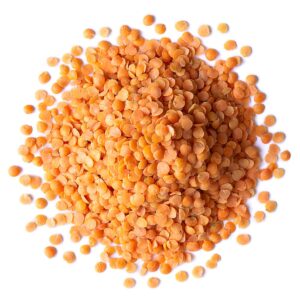
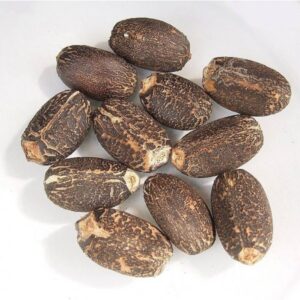
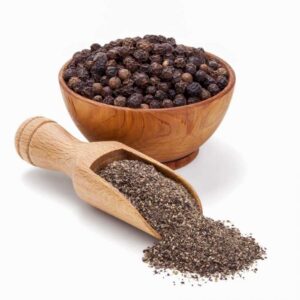
Reviews
There are no reviews yet.